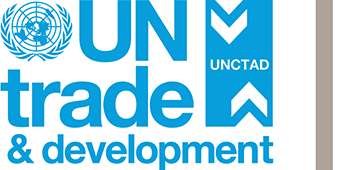Genentech Inc. v Hoechst GmbH and Sanofi-Aventis Deutschland GmbH (Court of Justice of the European Union, Case C-567/14, 2016)
The Court of Justice of the European Union confirmed its position that a contractual obligation to pay royalties for a licensed intellectual property (IP) right does not depend on the validity of the licensed IP right. Such contractual obligation in the Court’s view is compatible with competition law provided the licensee has the right to terminate the licensing agreement. The Court interpreted Article 101 of Treaty on the Functioning of the European Union (TFEU), which is comparable to Article 40.1 and 2 of the TRIPS Agreement.
